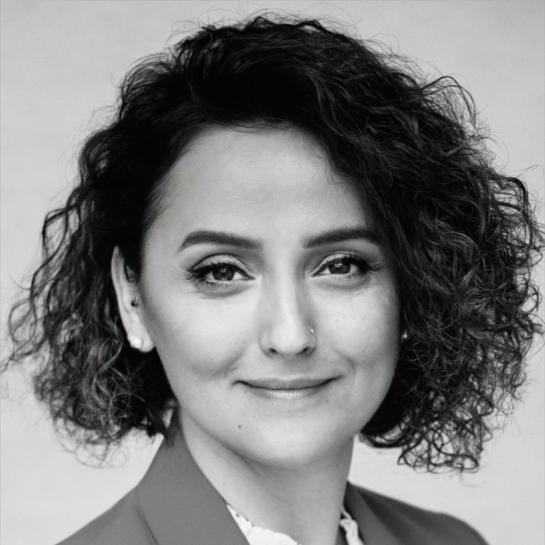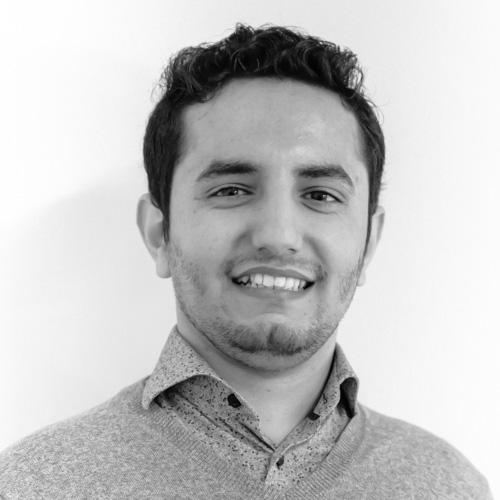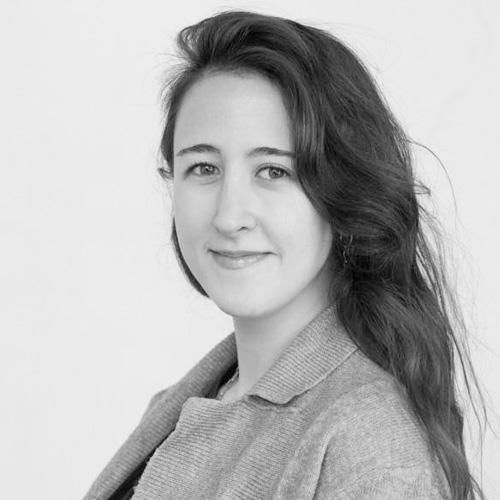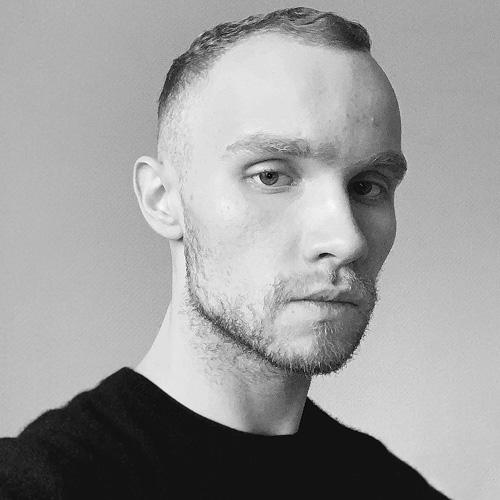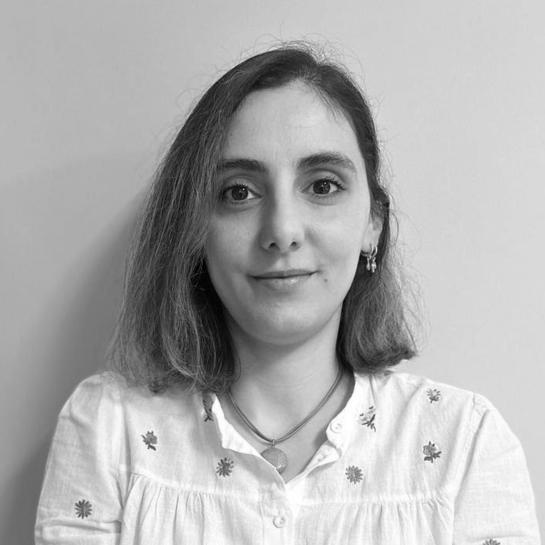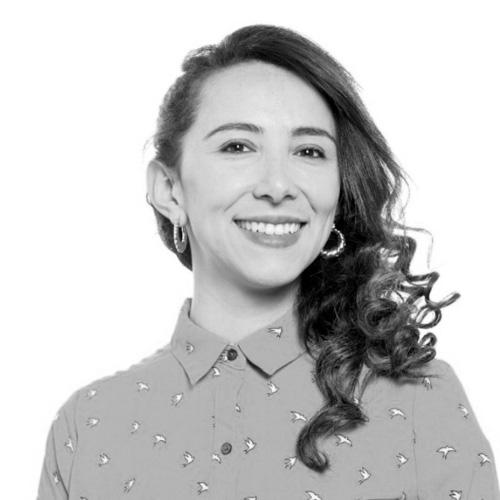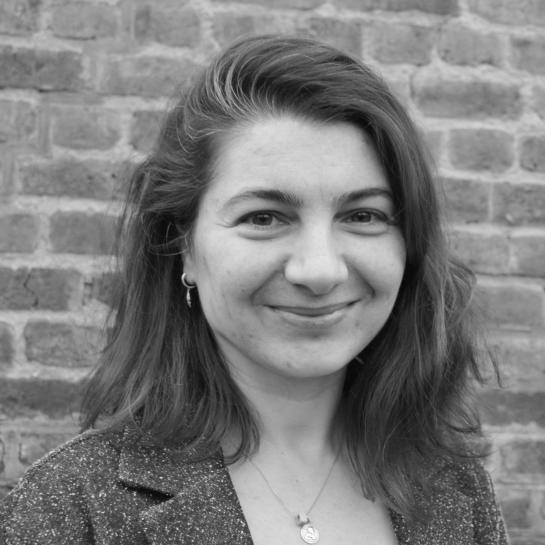2023 – 2027 | FWO SBO
Promotor
Copromotors
Orhan Agirdag (KUL)
Ides Nicaise (KUL)
An Verburgh (UCLL)
Inge Pasteels (PXL)
Partner institutions
Researchers
Project coordinator
Research objectives
Within the EU, Belgium has one of the largest native-immigrant gaps in education as well as in the labour market, with low participation of immigrants in higher education, high unemployment and inactivity rates and a severe ‘brain waste’ among the employed immigrants. Refugees in particular are in a vulnerable position due to forced migration and interrupted careers. In Belgium, traditional integration strategies have not been adapted for qualified refugees and newcomers (R&N). The need for better integration policies has become even more pressing with the crisis in Ukraine that has resulted in a large inflow of skilled and qualified refugees into Flanders. There are strong (demographic, economic, and budgetary) arguments for a far-reaching policy shift vis- à-vis medium and high educated immigrants in general and R&N in particular: a shift towards a genuine social investment approach.
Higher education represents a typical example of such a social investment. The main objective of ‘From Camp to Campus’ is to provide the scientific evidence base for a ‘social investment approach’ which can boost the efficiency and effectiveness of R&N integration strategies through higher education. Alongside the scientific objective, ‘From Camp to Campus’ has a societal objective: to foster a win-win strategy, with welfare gains for R&N themselves, and for the Flemish economy and society at large. This welfare gain should be obtained through a shift from a traditional social assistance and activation approach to a social investment strategy.
The project is divided into 6 work packages:
- WP1 provides theoretical underpinnings of the social investment strategy on investing in higher education for R&N
- WP2 presents a ‘socio-economic case’ for this investment by estimating the returns on investment in full education programmes as well as shortened trajectories
- WP3 maps and analyses the aspirations, careers, obstacles, needs and experiences of R&N in Flemish HE
- WP4 assesses the accessibility and quality of supporting services for R&N in higher education
- WP5 provides implications for policy and practice by translating the findings of the previous WPs into specific recommendations
- Tasks of WP6 include the general coordination of the project. This project will use mixed methods, with direct participation of R&N in the research process

